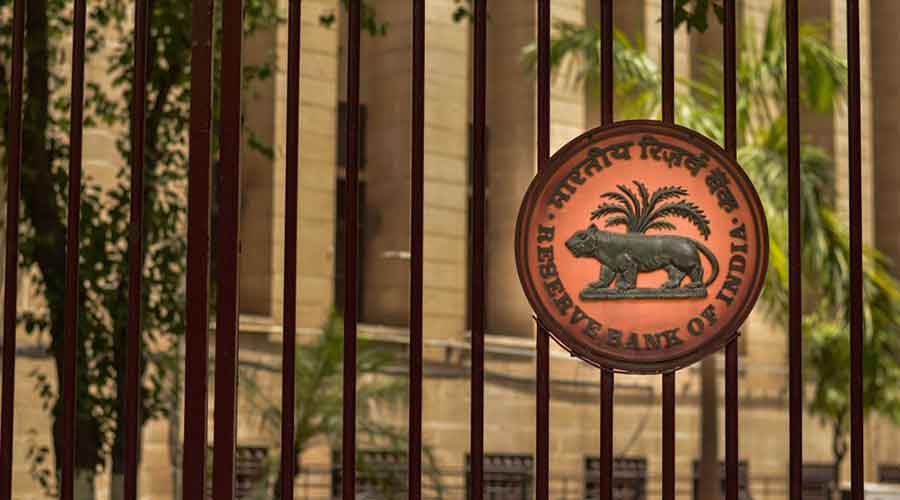The banking sector is in favour of a risk cushion in the form of a structured credit guarantee mechanism specifically for start-ups to boost lending to the sector.
The RBI has revised the guidelines for priority sector lending, including start-ups, to prompt banks to start lending to the sector.
Loans up to Rs 50 crore to start-ups engaged in agriculture and allied services as well as those that meet the definition of MSMEs are now part of priority sector lending.
Banks, while welcoming the inclusion of start-ups under the priority sector, have warned of multiple challenges that warrant a careful evaluation of the loan prospects keeping in mind the elevated risk in the current economic scenario.
Inadequate collateral, uncertain future cash flow and inexperienced management are among the key risks that banks are wary of.
Moreover, there is a lack of clarity whether only recognised start-ups will be eligible to get credit under priority sector lending. According to government data, there are around 4.2 lakh start-ups in the country of which only 36,692 are recognised by the department for promotion of industry and internal trade.
“To boost lending to start-ups, it is imperative to set in place an institutional mechanism. For example, start-ups don’t have collateral and performance evaluation mechanism matrix.
Hence, it will be interesting to see how the lenders can diversify their risk appetite and lend to start-ups which do not meet the traditional requirements of security/collateral/cash flow. We believe a suitably structured guarantee scheme from the government could be useful in the current scenario to give impetus to lend to start-ups,” said Soumya Kanti Ghosh, group chief economic adviser, State Bank of India.
Bankers said that a credit guarantee scheme like the one in place for MSMEs will encourage more banks to convert enquiries into actual borrowings.
“With the inclusion of start-ups in priority sector lending, banks will be encouraged to give credit to the sector. A credit guarantee, similar to MSME-CGTMSE will be beneficial,” said Sudhakara Rao KS, general manager, MSME, of Indian Bank.
The deteriorating economic condition has also impacted start-ups, especially those lacking marquee investors with industry estimates suggesting 70 per cent of the start-ups in India have less than 3 months of cash available in their banks.
“Getting a start-up off the ground is not an easy task for any entrepreneur. Lack of adequate funding when required and high risk perception of the banks towards this segment has most often been the two major reasons why start-ups have found it difficult to even set up shops. The credit guarantee scheme has helped MSMEs so far and the same if applied to start-ups will surely be beneficial for them,” said Parthiv Neotia, director, Ambuja Neotia.
“A credit guarantee from start-ups may not potentially be anticipated from the Centre in a market reeling from the coronavirus induced lockdown. The move to assign priority sector status to start-ups may act as a serious boost for smaller entities in terms of funding and seeking credit. This makes available multiple funding options beyond angel investments and PE/VC funding,” said Arindam Sarkar, partner, Khaitan and Co.










